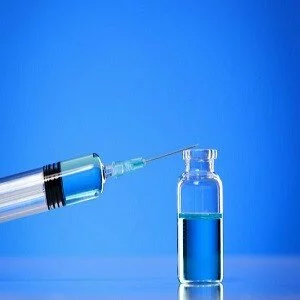During a retreat held for National Immunization Financing Task Team, NIFT, advocacy committee members, the Project Director, Community Health and Research Initiative (CHR) Partnership for Advocacy in Child and Family Health (PACFaH), Dr. Aminu Magashi , The Federal government has been tasked to return Nigeria on track towards winning the war against polio by meeting its $181 million immunisation funding requirement for 2017/ 2018, urging government to scale-up plans towards fund mobilization for immunization in the 2016 budget, noting that: “As the country begins its transition process for GAVI – the Vaccine Alliance support in Nigeria, its funding requirement increases, for 2017 and 2018, close to $264 million is required for immunisation to be paid for between Nigeria and GAVI, and Nigeria is expected to commit $181million out of the $264million to fund immunisation programme.”
Magashi also said the funds should be factored into the 2017 budget to create sufficient time to order for vaccines needed to save the lives of nearly 7 million children born yearly who will need vaccination. “We are also exploring other advocacy channels to catalyze actions towards domestic funding for sustainable immunisation programmes through the local production of vaccines and the need for Nigeria to create a Primary Health Care Trust Fund to raise finances for PHC revitalization which also includes immunization, adding that “in times of scarce resources for health, it is advisable the Nigerian government begins to plan on how to commence local production of some of the vaccines needed in Nigeria to reduce the funding burden also improve private-public partnership for immunization financing in Nigeria”


No Comments